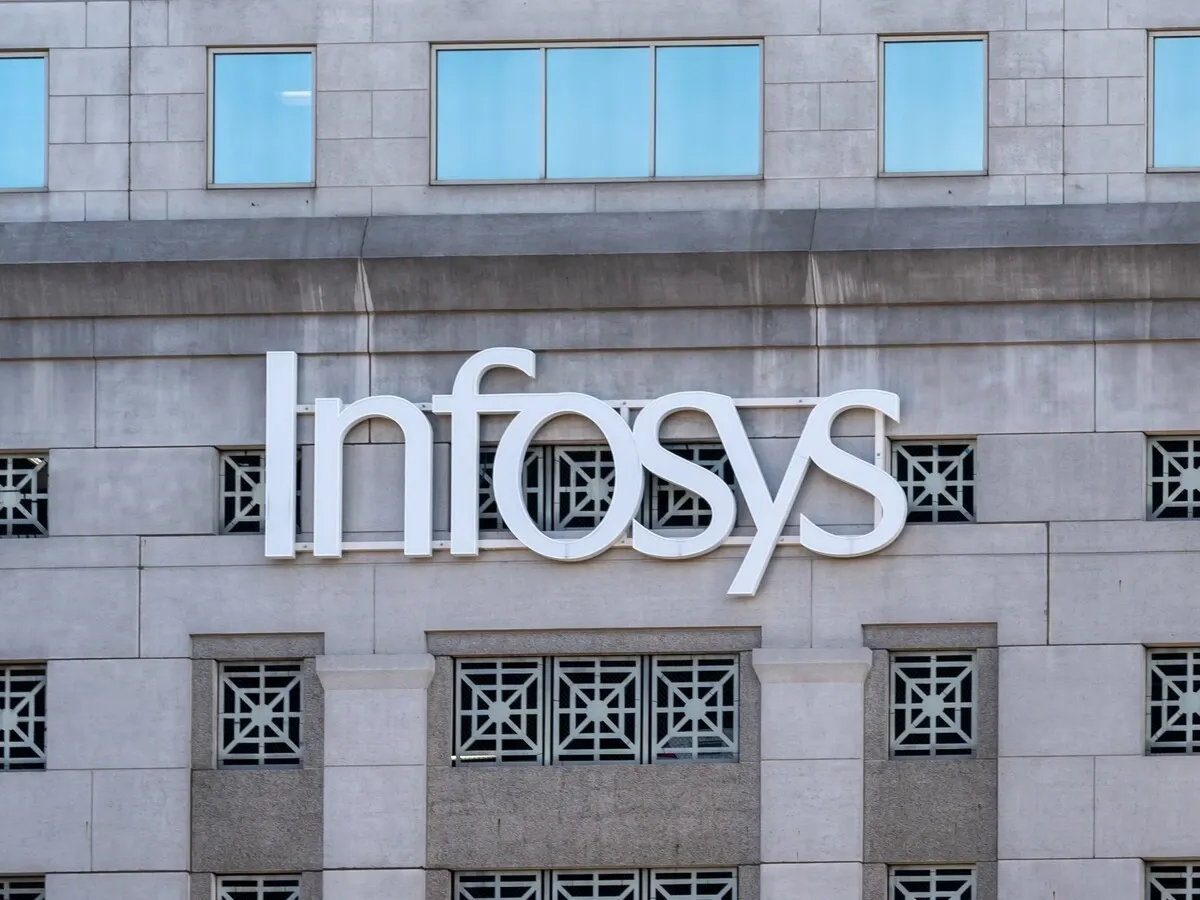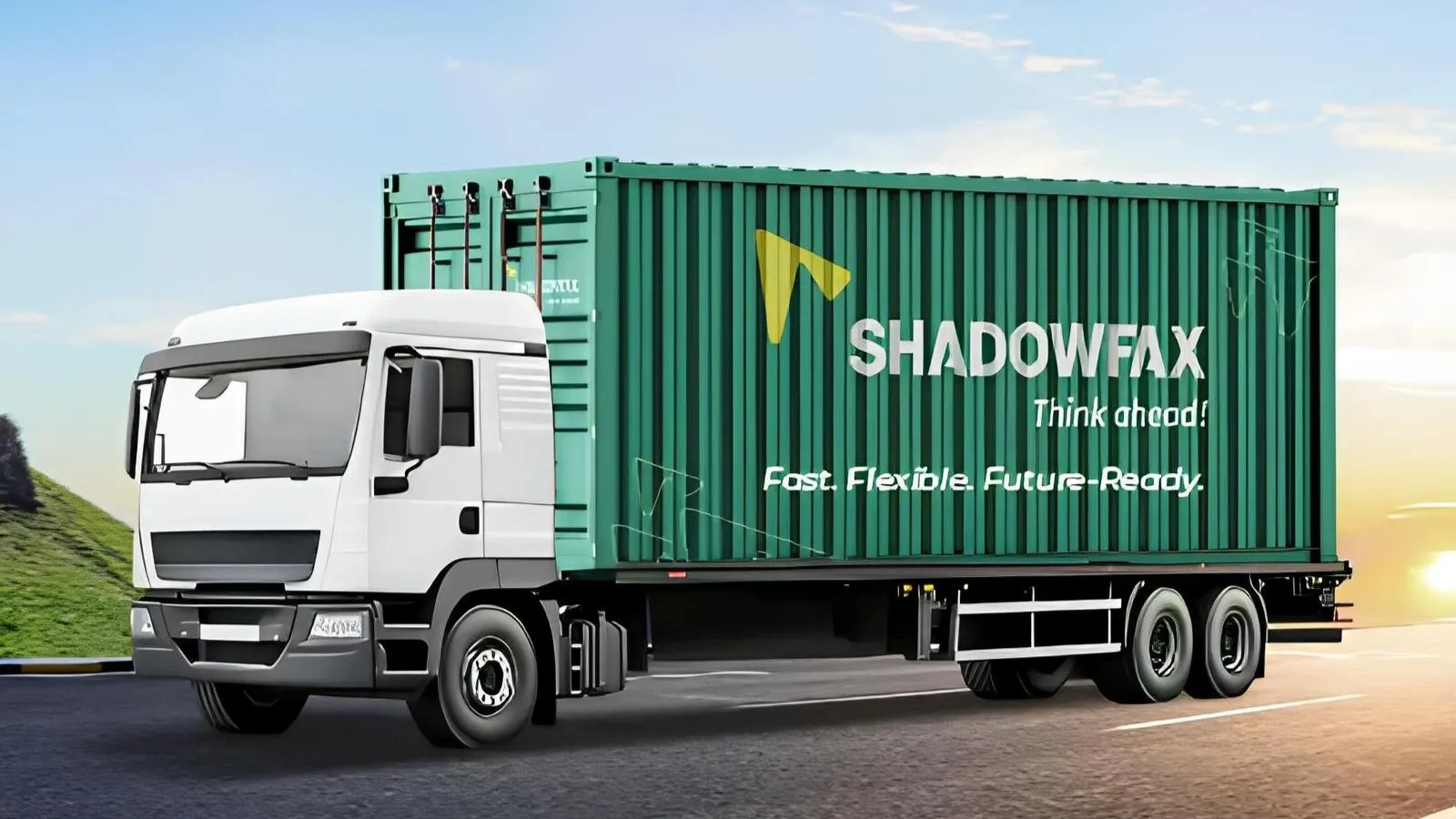Market News
Infosys buyback: Planning to participate? Here is how the tender route works

3 min read | Updated on September 17, 2025, 13:10 IST
SUMMARY
Infosys buyback is on top of the mind of every Infosys shareholder as it provides a nearly 20% gain arbitrage opportunity through buyback. The buyback will be conducted through a tender offer route at a pre-determined price of ₹1800 per share, approximately at a premium of 20% from the current market price.

Shares of Infosys are trading flat-to-positive after the buyback announcement, depicting muted response. Image source: Shutterstock.
Shares of Infosys are back in focus amid the buyback news as the company announced its fifth buyback last week. The primary response to the buyback was muted, with shares closing 2% lower since the announcement. The muted response is attributed to multiple reasons, from the company utilising the cash for non-growth purposes to its unwillingness to spend on R&D, innovation and creating IPs through it. However, the buyback provides an opportunity to benefit from the arbitrage created between the tender price and the current price. If you are an investor in Infosys, here’s all you need to know about the buyback process.
Infosys buyback details
The board of directors approved the buyback of equity shares worth ₹18,000 crore at a price of ₹1800 apiece via the tender offer route. The record date for the buyback will be announced later. The buyback provides an opportunity for an 18.4% gain at the current market price of ₹1520 apiece on the NSE.
How does a tender offer work?
Buybacks are conducted via two routes, i.e tender offer and open offer. An open offer includes companies buying back shares from the open market up to the offered price. Where a tender offer includes shareholders to offer eligible shares for buyback. The eligibility criteria are calculated based on the entitlement ratio. 15% of the buyback is mandated to be reserved for retail shareholders. For eg, in the case of Infosys buyback, 1.5 crore shares out of the 0 crore shares eligible for buyback will be kept reserved for retail shareholders to participate.
The shareholder has to offer his eligible shares to the broker via a tender offer route. The shares will get accepted by the company, depending on the acceptance ratio. The acceptance ratio is calculated based on the total number of shares tendered for the buyback. If the number of shares tendered is greater than the required offer, the acceptance ratio drops low and vice versa.
For eg, if the 2 crore shares are offered against the 1 crore shares required for the buyback, the acceptance ratio could be around 50%.
How are buybacks taxed?
The rules of tax on buybacks were changed on October 1, 2024. The gains arising out of the buyback are taxed at the investor's end and treated as dividend income. The entire buyback amount is treated as dividend income, and the cost of acquisition of shares is treated as a capital loss, which can be set off against capital gains. For example, you are holding 100 Infosys shares at the cost of ₹1500 per share and are eligible for tendering 50 shares out of the 100 shares of Infosys at ₹1800 per share. Here is how your tax will be calculated.
Total shares accepted- 50
Offer price- ₹1800
Amount received after buyback: ₹1800*50= ₹90,000
According to the new tax rules, the entire ₹90,000 will be treated as income from other sources, and 10% TDS will be deducted, i.e ₹9000 and the ₹90,000 will be added to your taxable income and taxed at the slab rate.
The cost of acquisition, i.e ₹1500*50= ₹75,000, will be treated as capital loss in your books and can be set off against capital gains from other sources.
About The Author
Next Story


